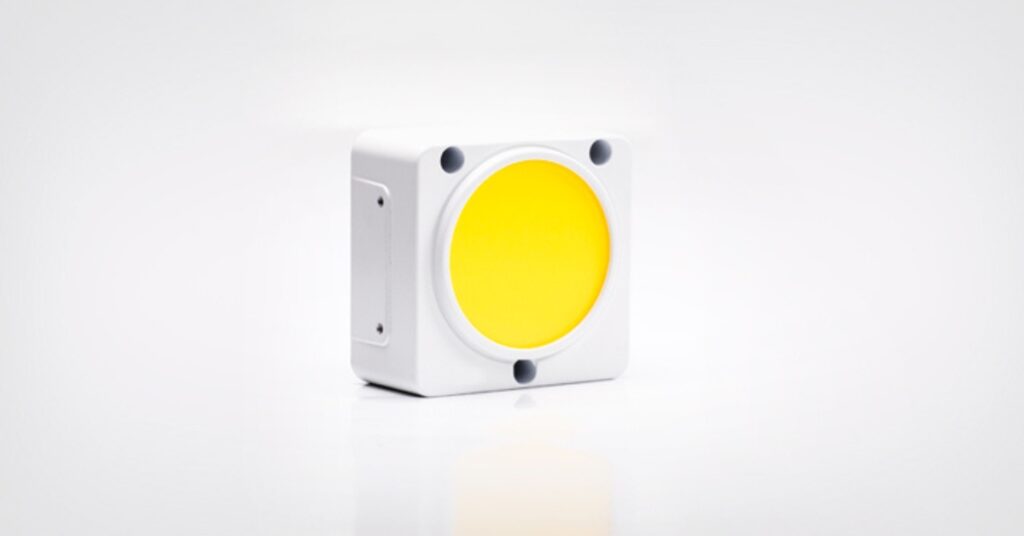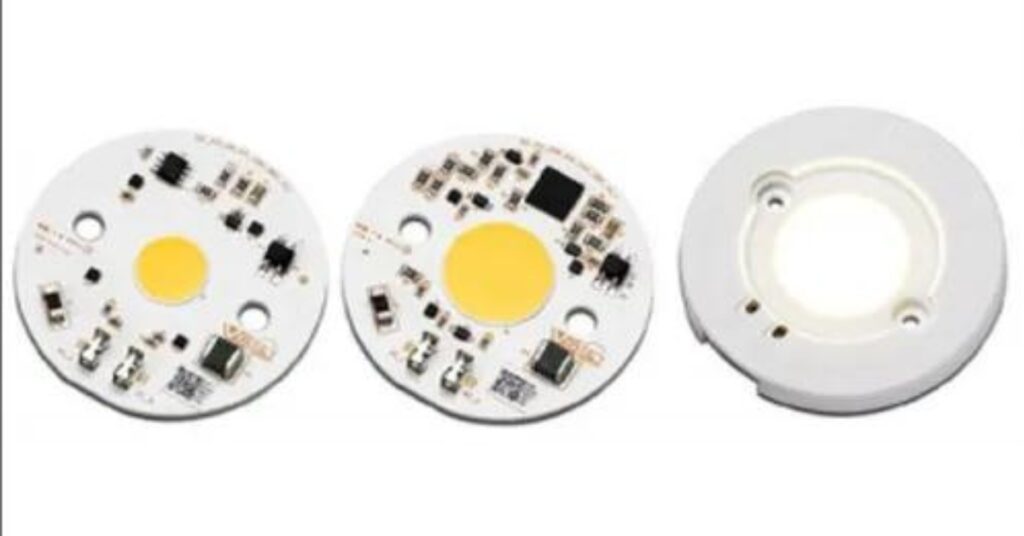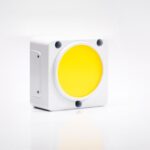
LED Module: Understanding and Utilizing LED Technology

Have you ever wondered how LED modules work and why they are becoming increasingly popular in various industries? LED modules, also known as light-emitting diode modules, are compact and efficient lighting solutions used in multiple applications. They offer numerous advantages over traditional lighting methods, making them a choice for many.
What is an LED Module?
An LED module is a self-contained unit, meaning it is a complete and independent system that does not require additional components to function. It includes an LED light source, driver circuitry, and other components needed to operate the LED. These modules can be used individually or combined to create more extensive lighting systems. They are known for their efficiency, longevity, and versatility, and their self-contained nature makes them easy to install and use in various applications.
Critical Components of an LED Module
Understanding the critical components of an LED module is essential to thoroughly appreciating its functionality and benefits. Here are the main parts:
- LED Chip: The heart of the module that emits light.
- Driver: Regulates the power supply to ensure consistent performance.
- Heat Sink: Dissipates heat to maintain optimal operating temperature.
- Lens: Directs and shapes the light emitted by the LED chip.
- Housing: Protects the internal components and provides a means for mounting the module.
How LED Modules Work
LED modules emit light by passing an electric current through a semiconductor material, a process known as electroluminescence. The driver circuitry within the module regulates the voltage and current, ensuring the LED operates efficiently and safely.
Advantages of LED Modules
Energy Efficiency
One of the most significant benefits of LED modules is their energy efficiency. They consume less power than traditional lighting solutions, such as incandescent and fluorescent bulbs. This efficiency translates to lower energy bills and reduced environmental impact.
Longevity
LED modules have a longer lifespan than conventional lighting options. They can last up to 50,000 hours or more, significantly reducing the need for frequent replacements. This longevity makes them a cost-effective choice in the long run.
Versatility
LED modules are not just a one-size-fits-all solution. They are highly versatiled and can be tailored to various applications, from residential lighting to commercial and industrial settings. With their availability in different shapes, sizes, and colors, LED modules empower you to find the perfect lighting solution for your unique needs.
Environmental Impact
LED modules are not just efficient, they are also environmentally friendly. By eliminating hazardous materials like mercury, which are present in some traditional lighting options, LED modules contribute to a cleaner, safer environment. Additionally, their long lifespan significantly reduces waste and the need for frequent replacements, further enhancing their eco-friendliness.
Applications of LED Modules
LED modules are using in a wide range of applications, including:
Residential Lighting
In homes, LED modules are used in ceiling, under-cabinet, and accent lighting. They provide bright, energy-efficient illumination and are available in various color temperatures to suit different preferences.
Commercial Lighting
LED modules are used in commercial settings for office lighting, retail displays, and signage. Their energy efficiency and long lifespan make them ideal for businesses looking to reduce operating costs.
Industrial Lighting
LED module used in industrial environments, such as warehouse lighting, factory floors, and outdoor areas. Their durability and bright illumination enhance safety and productivity.
Automotive Lighting
LED modules including headlights, taillights and interior lighting, are increasingly used in automotive lighting. They offer superior brightness and energy efficiency, improving vehicle safety and aesthetics.
Backlighting
LED modules, including televisions, computer monitors, and advertising boards, are used in backlighting display applications. They provide uniform illumination and enhance image quality.

Advancements in LED Module Technology
Smart LED Modules
With the rise of intelligent technology, LED modules have also evolved. Innovative LED module controlled remotely using smartphones or other devices. They offer dimming, color changing, and scheduling features, providing greater control and customization.
Advanced Optics
Advancements in optics have led to the development of LED modules with improved light distribution and reduced glare. These modules provide more uniform illumination and are ideal for precise lighting control applications.
Enhanced Thermal Management
Thermal management is crucial for maintaining the performance and lifespan of LED modules. Newer modules incorporate advanced heat sinks and materials that improve heat dissipation, ensuring reliable operation even in demanding environments.
FAQs about LED Modules
What are the main benefits of using LED modules?
LED modules offer several benefits, including energy efficiency, long lifespan, versatility, and environmental friendliness. They are suitable for various applications and provide cost savings over time.
How do LED modules compare to traditional lighting options?
LED modules are more energy-efficient and have a longer lifespan than traditional lighting options like incandescent and fluorescent bulbs. They also offer better light quality and are available in various colors and configurations.
Can LED modules use in outdoor applications?
Yes, LED modules can use in outdoor applications. Many modules design to be weather-resistant and can withstand harsh environmental conditions. They commonly used in outdoor lighting, signage, and landscape lighting.
What factors should consider when choosing a LED module?
When choose a LED module, consider brightness, color temperature, power consumption, and the specific application. It is also essential to choose modules from reputable manufacturers to ensure quality and reliability.
Are LED modules compatible with dimmer switches?
Many LED modules are compatible with dimmer switches, but it’s essential to check the specifications of the module and the dimmer switch to ensure compatibility. Using incompatible components can result in flickering or reduced performance.
Conclusion:
LED modules represent a significant advancement in lighting technology, offering numerous benefits over traditional lighting options. Their energy efficiency, longevity, and versatility make them an excellent choice for various applications. As technology evolves, LED modules will likely become even more efficient and adaptable, enhancing their appeal.




